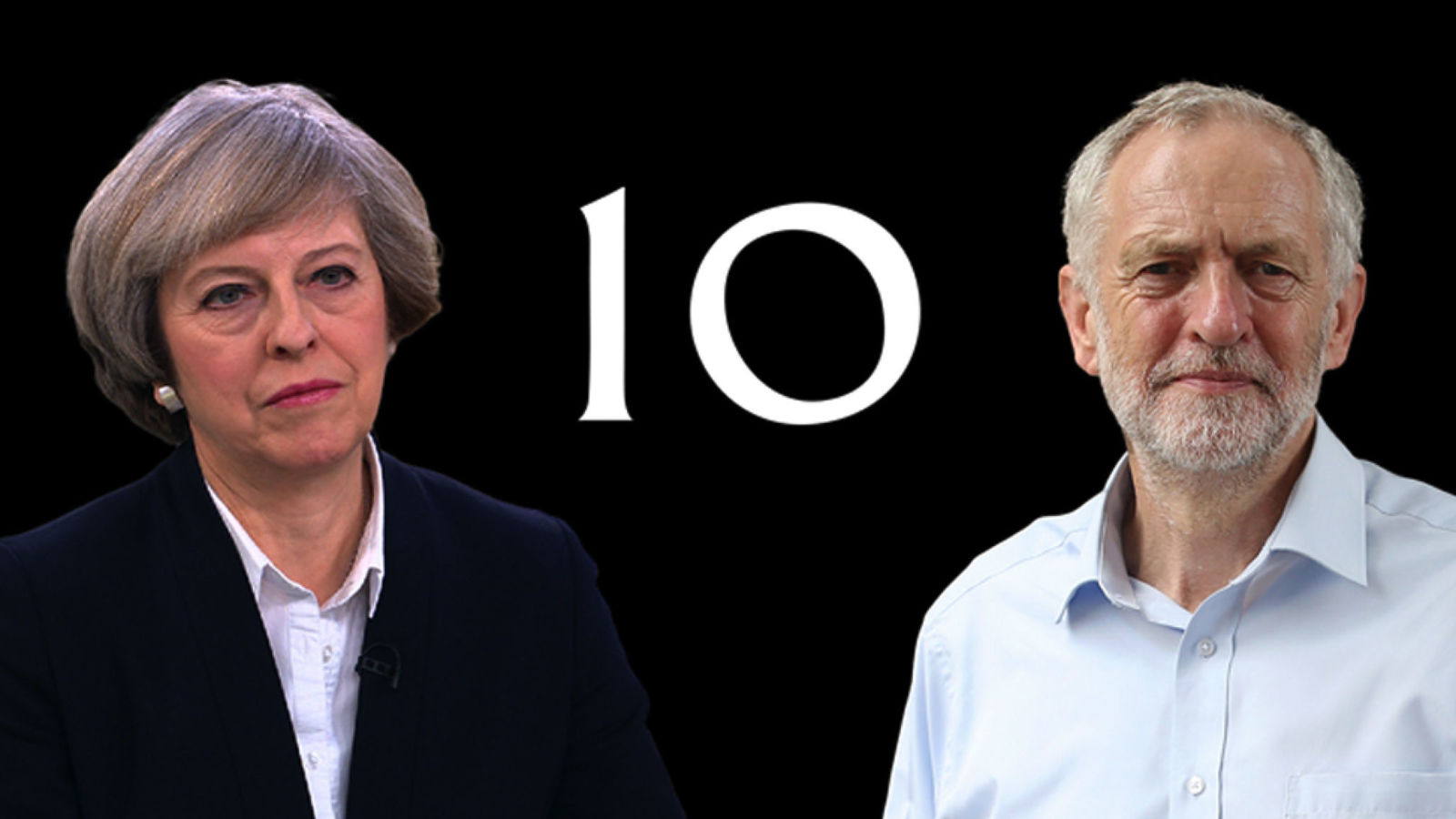Conservatives
Theresa May has pledged to cap tuition fees at the current rate of £9,250 a year, as well as raising the earning threshold for beginning repayments from £21,000 to £25,000 a year.
She has also promised a review of higher education and student funding in the long term, with the possible reintroduction of maintenance grants and varying levels of fees depending on individual courses.
“We are pledging to help students with an immediate freeze in maximum fee levels and by increasing the amount graduates can earn before they start paying their fees back,” May said as the Conservative party conference opened.
The move to freeze tuition fees seems to have killed off the proposed Teaching Excellence Framework, or TEF, which would have allowed courses with high levels of student satisfaction to increase their charges beyond £10,000 per year.
This change of direction by the government is intended as an olive branch to younger voters, who overwhelmingly voted Labour in June.
Labour
In its 2017 election manifesto, Labour pledged the complete abolition of tuition fees and the re-introduction of maintenance grants.
In an interview during the campaign the Labour leader Jeremy Corbyn suggested that labour would “deal with” existing graduate and student debt. However, cancelling existing debt may cost upwards of £100bn, and labour quickly distanced itself from the suggestion that debt would be written off.
It has been estimated that abolishing tuition fees would cost the government £9.5bn a year. Labour claims the money required would be raised by increasing taxation of high earners and big corporations.
Pledging to abolish fees has contributed significantly to Labour’s popularity amongst younger voters, reflected in their better than expected showing during the election.
As a result, issues surrounding student finances have been propelled to the forefront of the national political debate, with both parties likely to make further policy announcements in the coming months in the battle for the support of students and younger voters.
Ian White

